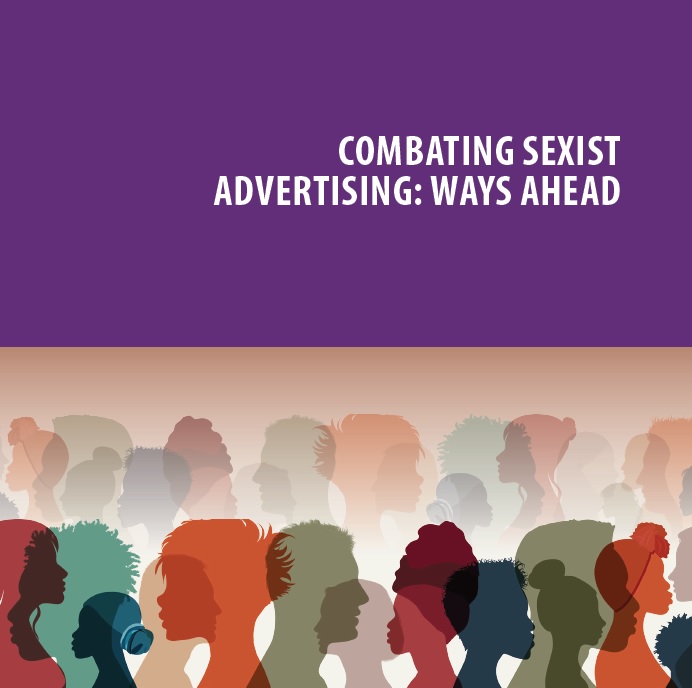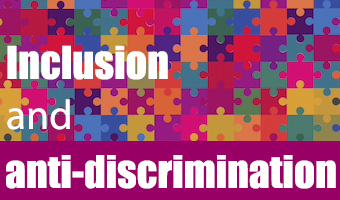From early 2019 until February 2023, the Council of Europe has implemented a regional project focused on “Strengthening the access to justice through non-judicial redress mechanisms for victims of discrimination, hate crime and hate speech in Eastern Partnership countries”, a joint initiative of the European Union and the Council of Europe, part of the “Partnership for Good Governance II programme”. Now, we can reflect to some of the project highlights and results.
Among other activities, the project has organised an international seminar on combating sexist advertising in October 2021 and follow-up consultations with over hundred participants, civil servants and other practitioners from the PGG region, aimed at discussing sexist advertising in respective countries and preparation of the Study on Combating Sexist Advertising: Ways ahead.
Why this topic? The way genders are depicted in advertising represents a risk for human dignity. Sexist advertising is a form of gender discrimination as it contributes to reinforcement of gender stereotypes and inequality. This study explores sexism and gender-based discrimination in advertising and relating regulation in the different Council of Europe’s member states, reflecting the European Union and the Council of Europe efforts to combat gender-based discrimination, which is one of the priorities of their joint action and cooperation.
Through its chapters the Study covers the following topics:
- Sexism, gender-based discrimination and sexist advertising
- International framework to combat sexism and sexist advertising
- How to identify sexist advertising
- Stakeholders involved and their related roles in combating sexist advertising
- Case studies on combating sexist and discriminatory advertising
The Study on Combating Sexist Advertising: Ways ahead also provides guidelines for combating discriminatory advertising, considering international legislative framework and roles of all relevant stakeholders that can contribute to improvement in this field.
The Study was prepared in the framework of the regional project “Strengthening the access to justice through non-judiciary redress mechanisms for victims of discrimination, hate crime and hate speech in Eastern Partnership countries” funded by the European Union and the Council of Europe and implemented by the Council of Europe under their Partnership for Good Governance II, 2019-2022.




